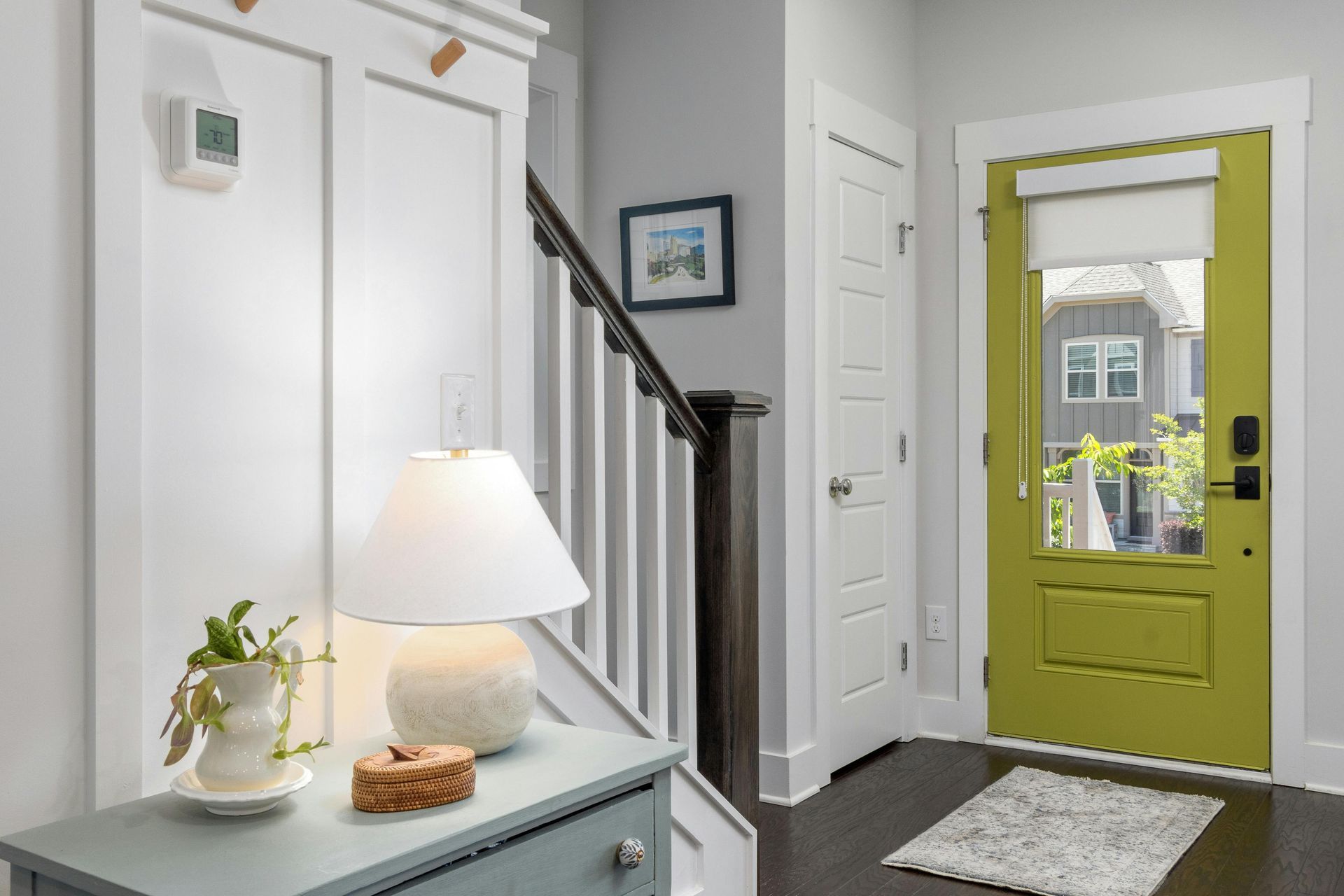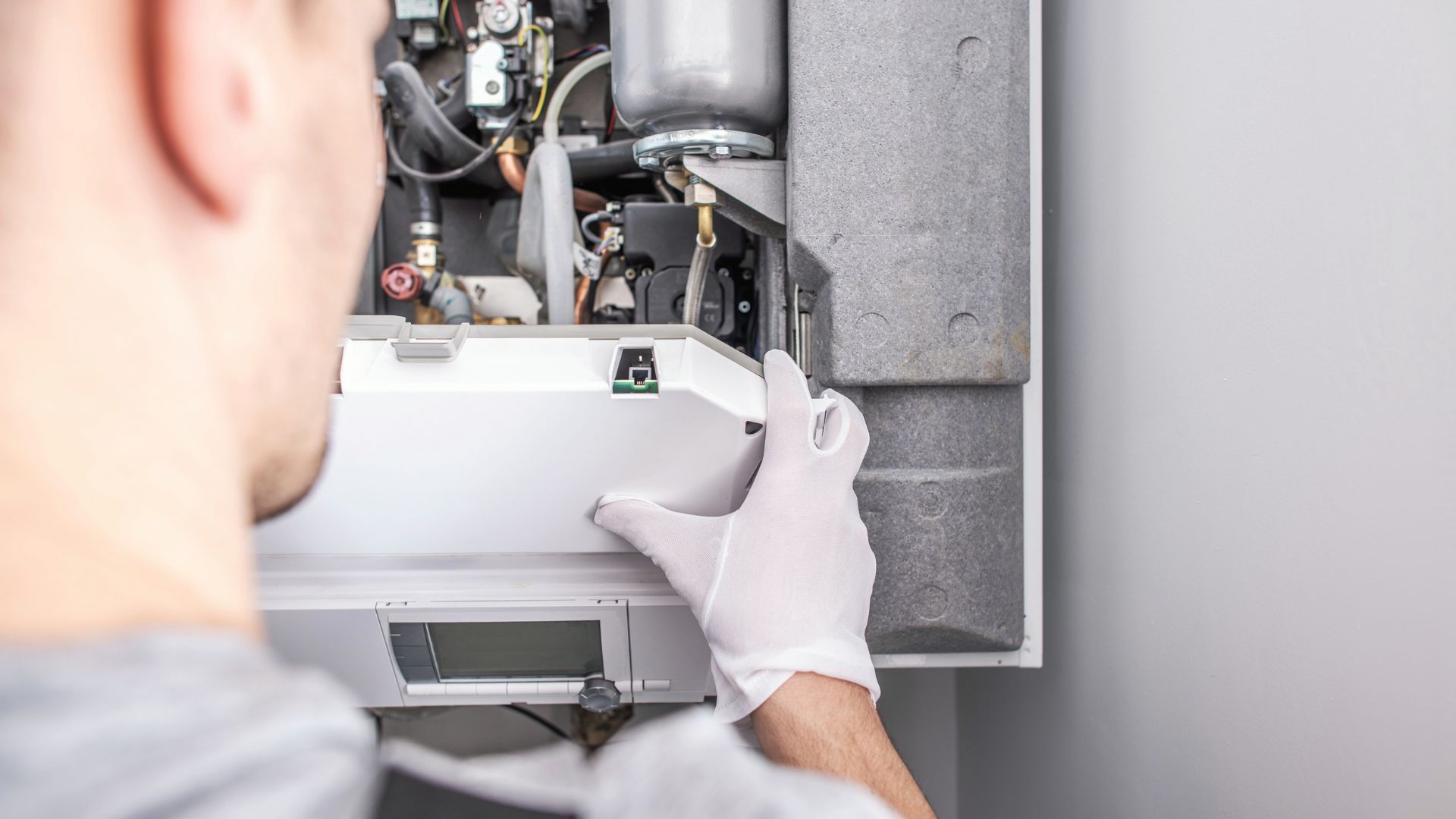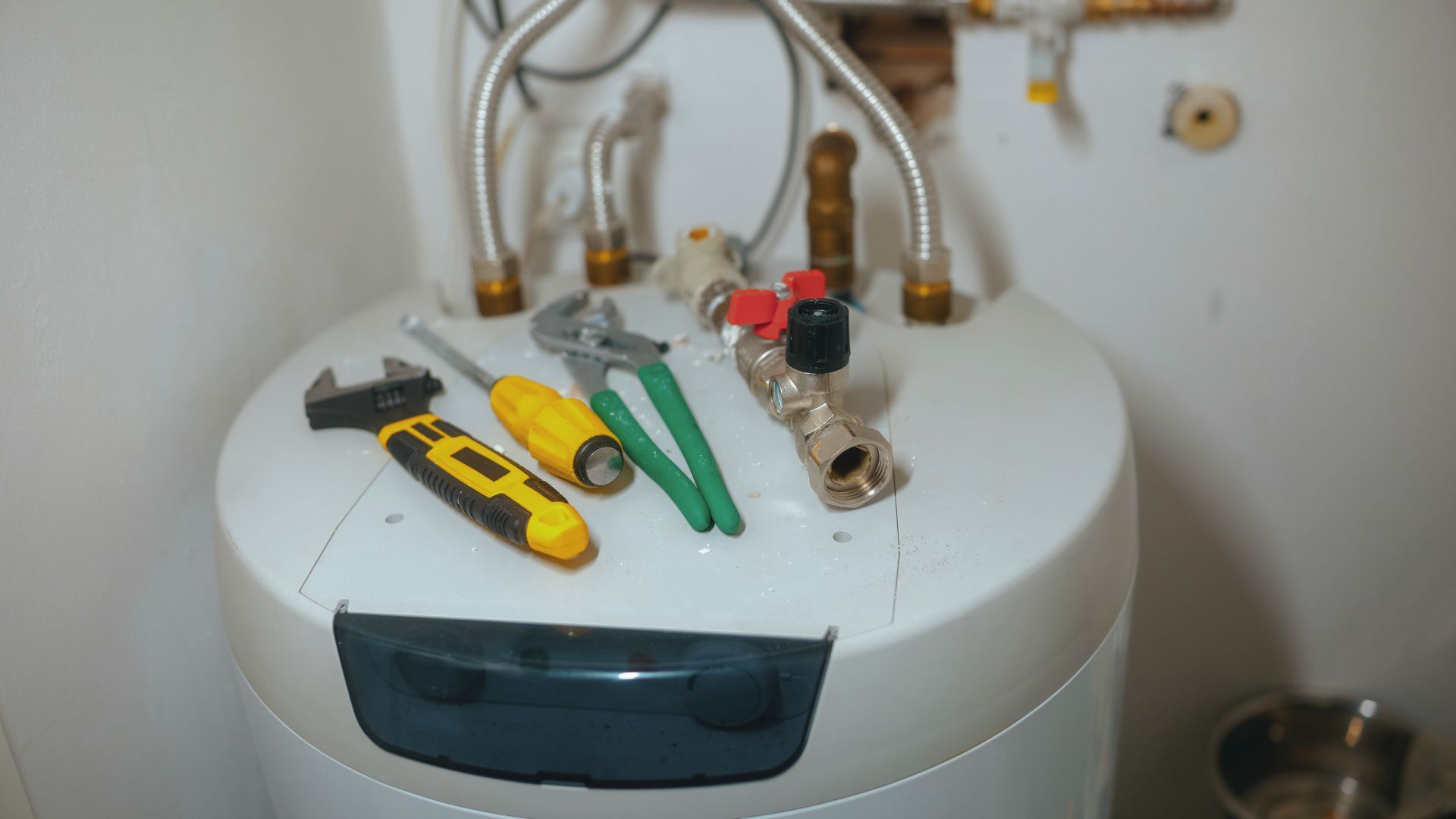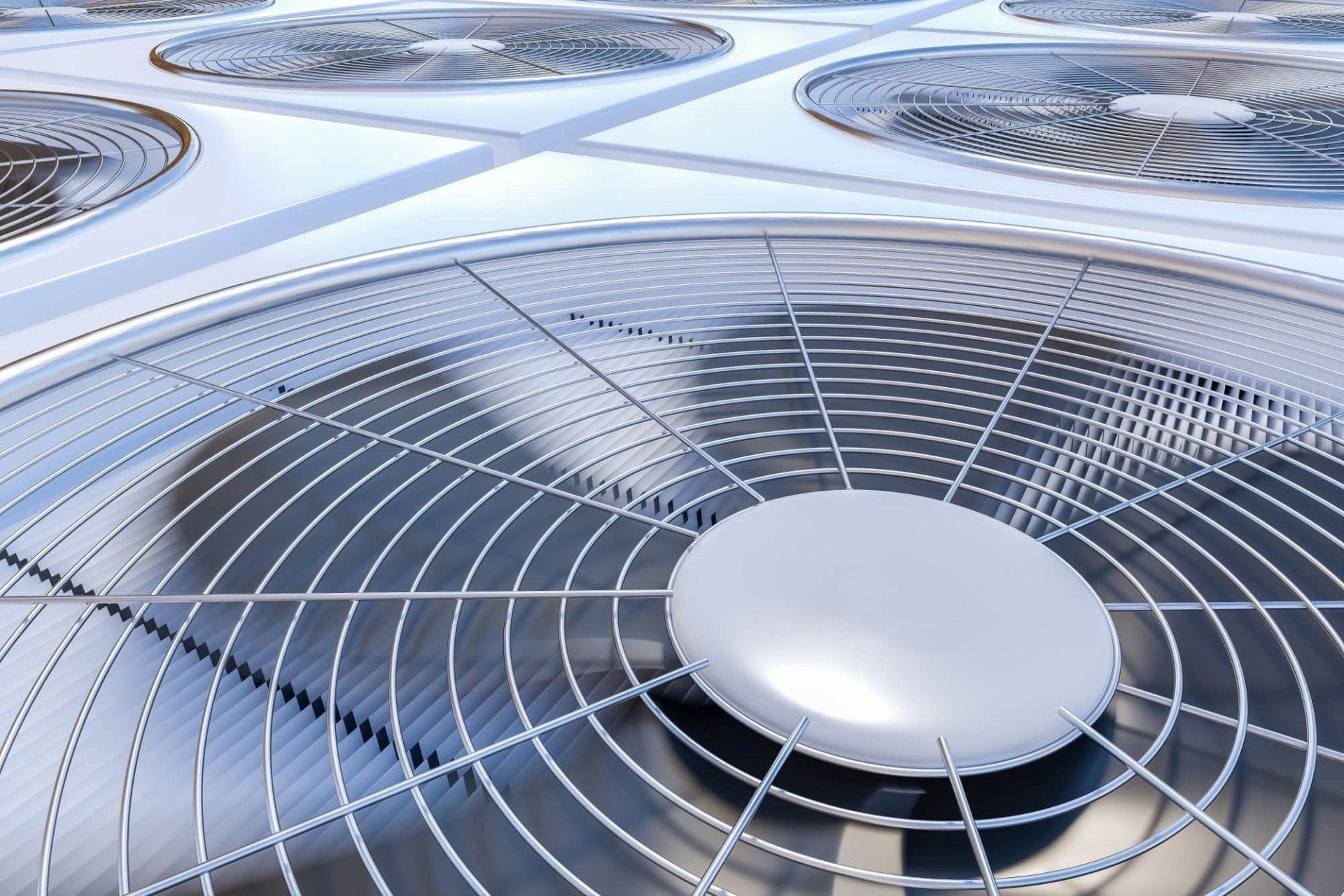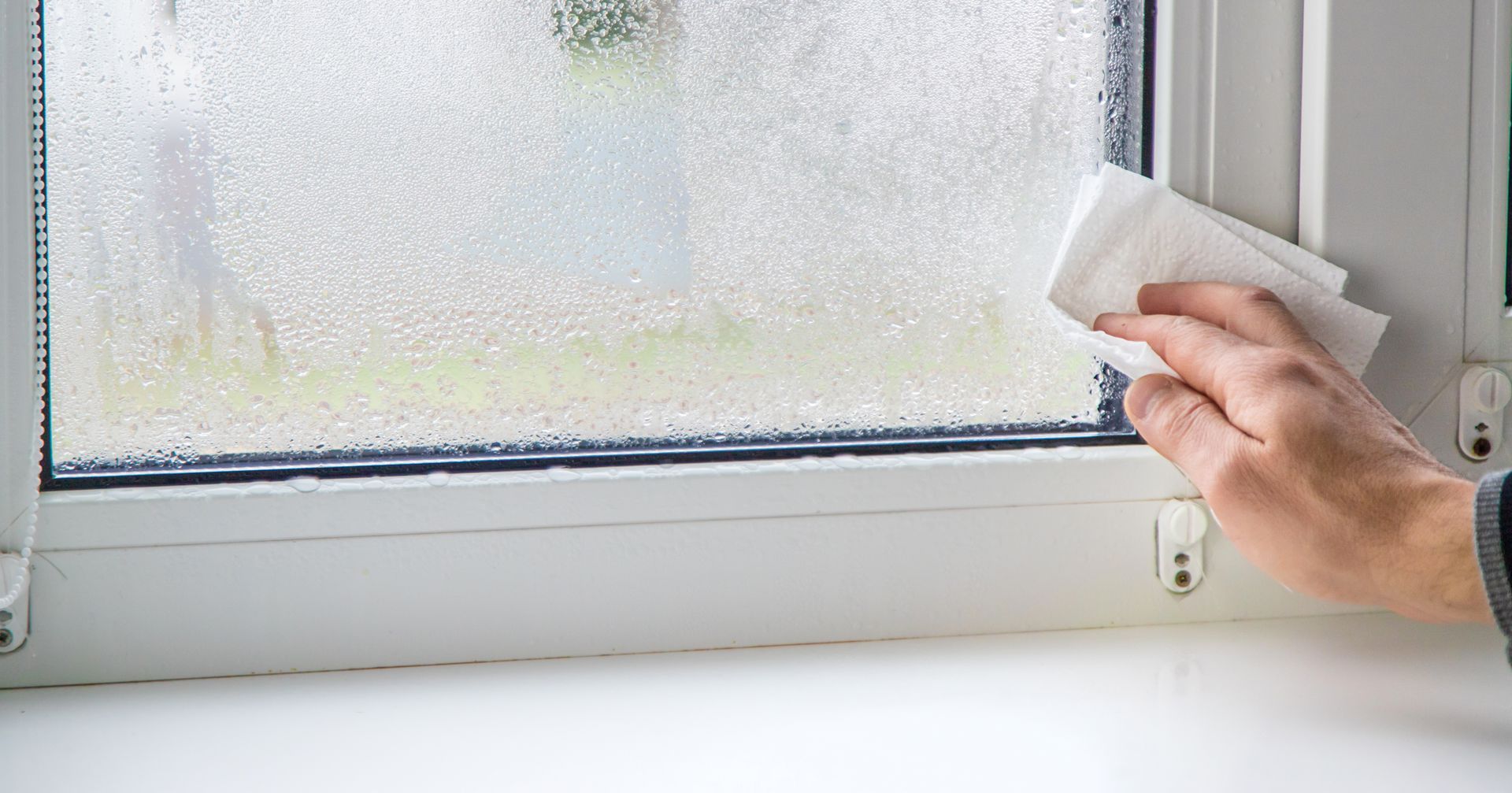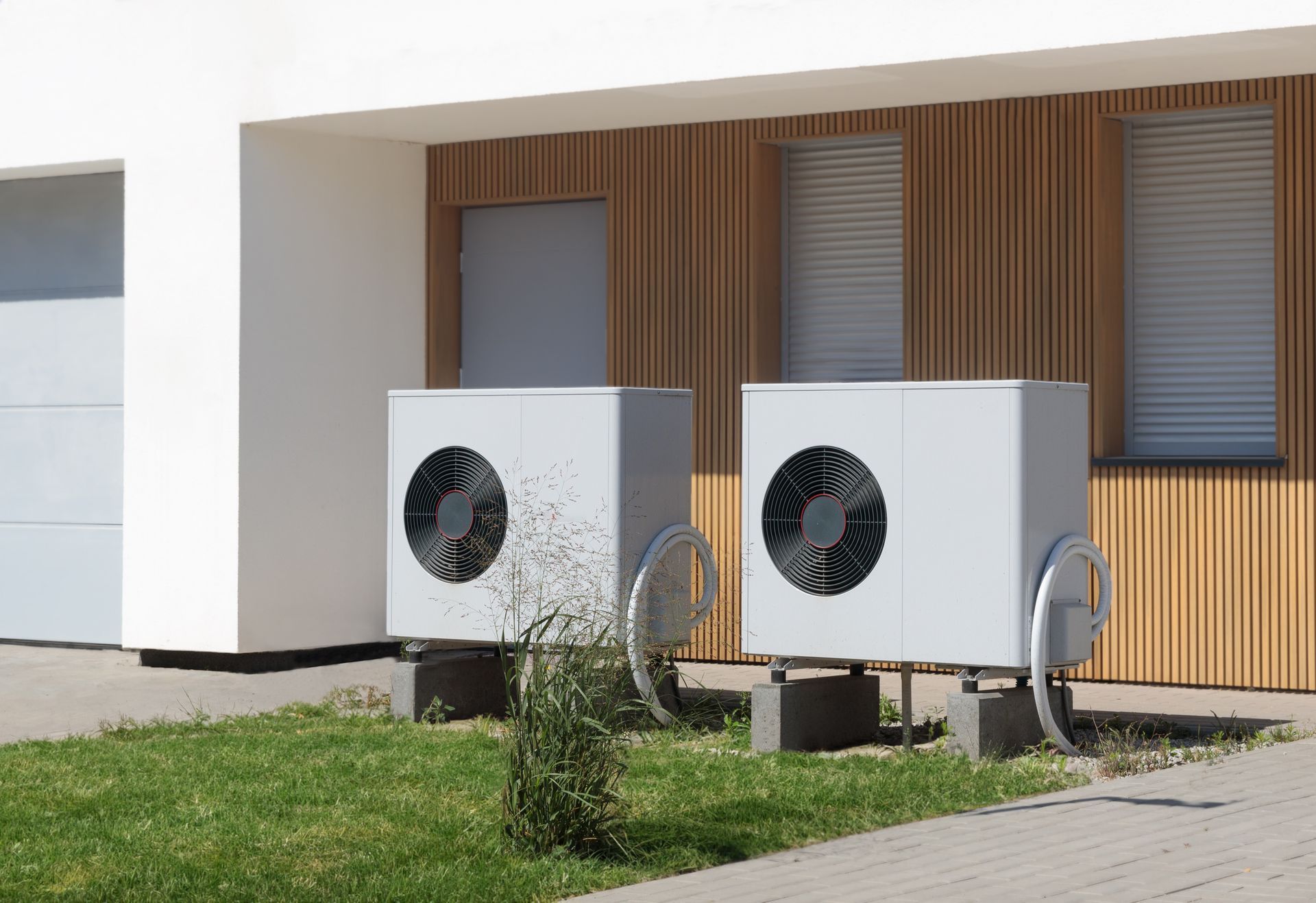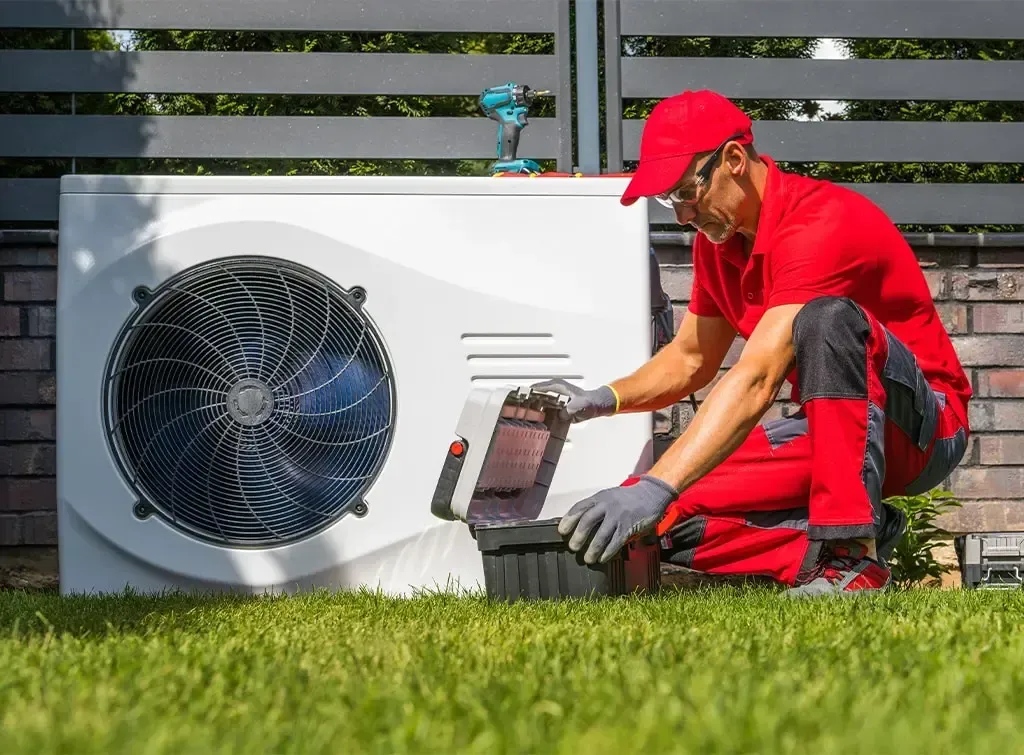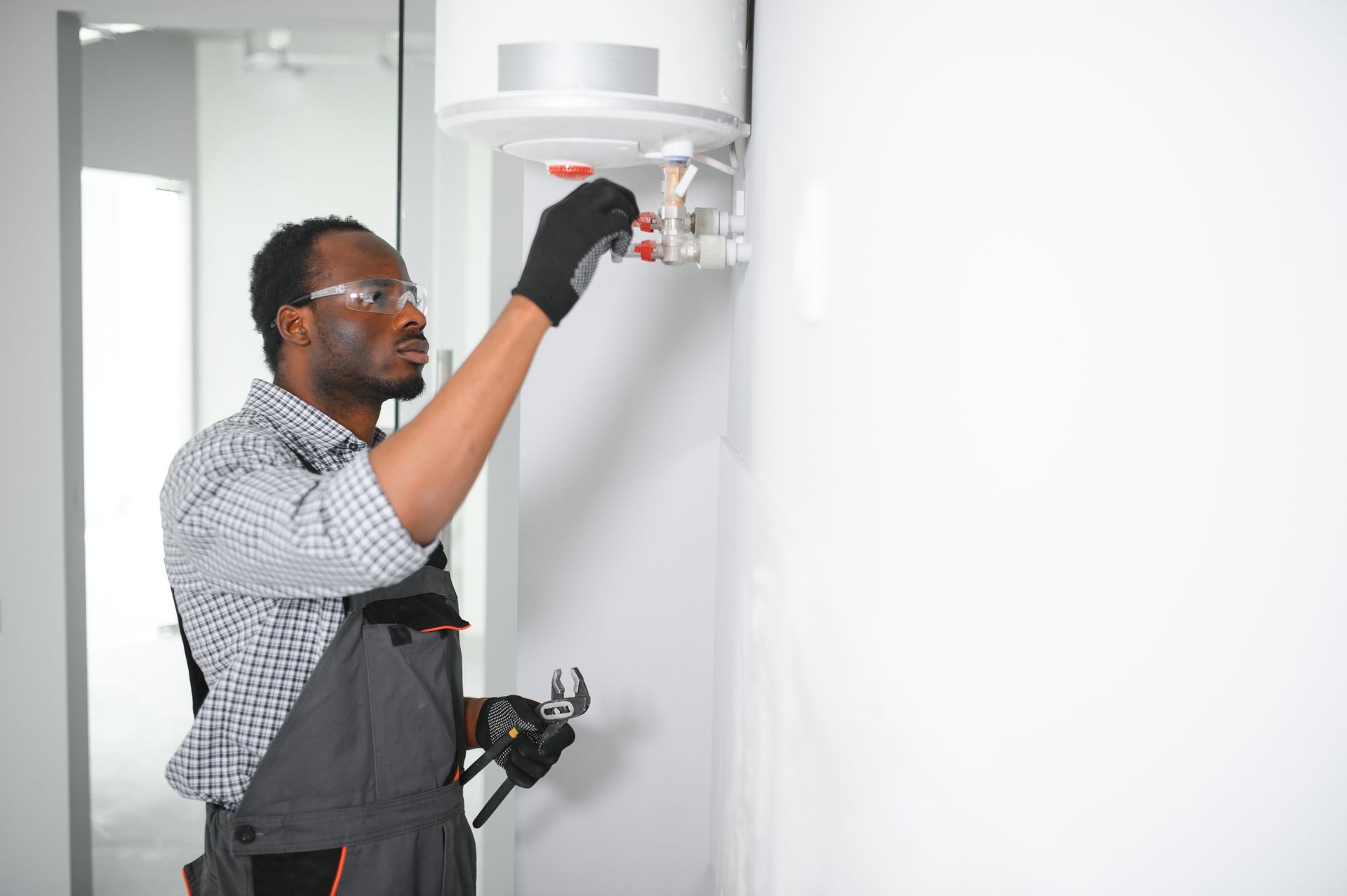Take Control of Home Humidity for Ultimate Comfort
Ever felt like your home is too sticky in summer or too dry in winter? Humidity plays a crucial role in your home's comfort and health. Understanding how to manage it with your HVAC system can make all the difference. This blog post will guide you through the importance of controlling humidity, the impact on your home and health, and how to use your HVAC system to keep it in check. You'll also find practical tips to maintain optimal humidity levels, ensuring a comfortable and healthy living environment.
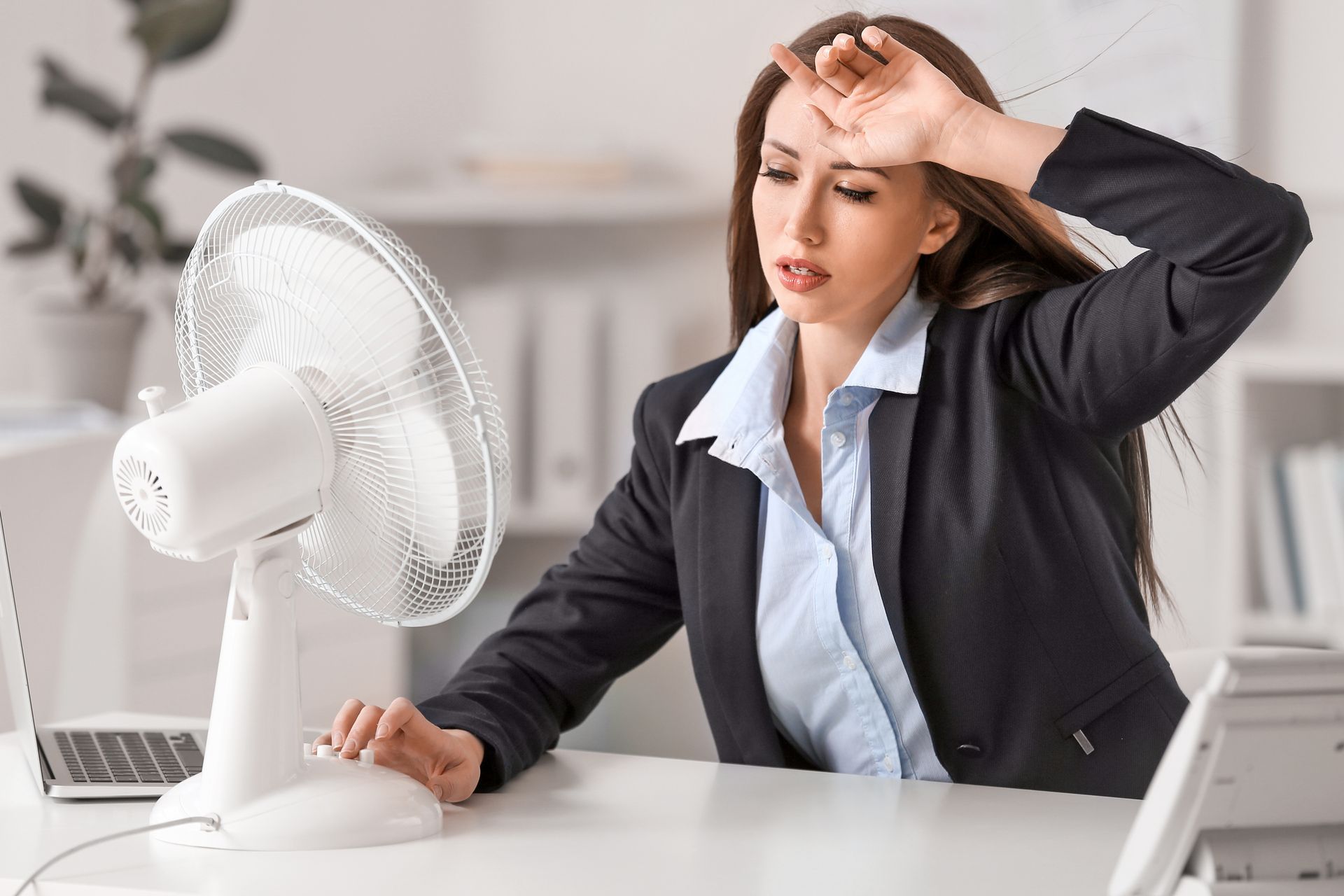
What is Humidity?
Humidity refers to the amount of moisture in the air. It's what makes the air feel wet or dry. High humidity means more moisture, making the air feel sticky and hot. Low humidity means less moisture, causing the air to feel dry and harsh. Both extremes can affect your comfort and health.
Why Humidity Control Matters
Controlling humidity isn't just about comfort. It impacts your health, home structure, and energy bills. Proper humidity levels can prevent mold growth, reduce allergens, and protect your home's integrity. It can also make your HVAC system more efficient, saving you money on energy costs.
The Ideal Humidity Levels
The ideal indoor humidity level is between 30% and 50%. During winter, aim for 30% to 40% to prevent condensation on windows. In summer, 40% to 50% helps keep your home comfortable without feeling sticky. Monitoring and adjusting these levels can significantly improve your living conditions.
How Your HVAC System Affects Humidity
Your HVAC system plays a key role in controlling humidity. It cools or heats the air, which can either add or remove moisture. Understanding how your HVAC system works can help you manage humidity levels effectively. Regular maintenance and the right settings are crucial for optimal performance.
Dehumidification and Your HVAC
During hot and humid months, your HVAC system can act as a dehumidifier. When cooling the air, it removes excess moisture, making your home feel cooler and more comfortable. Ensure your system is properly sized and maintained to handle high humidity levels efficiently.
Using a Humidifier with Your HVAC
In winter, the air can become very dry. Adding a humidifier to your HVAC system can help maintain moisture levels. This prevents dry skin, respiratory issues, and damage to wooden furniture. Choose a whole-house humidifier for consistent humidity control throughout your home.
Smart Thermostats and Humidity Control
Smart thermostats offer advanced humidity control features. They can monitor and adjust humidity levels automatically. Investing in a smart thermostat can help you maintain optimal humidity without constant manual adjustments. Plus, they can save energy and reduce utility bills.
Signs of Improper Humidity Levels
Recognizing the signs of improper humidity is essential. High humidity symptoms include mold growth, musty odors, and condensation on windows. Low humidity signs are dry skin, static electricity, and cracked wooden furniture. Addressing these signs promptly can prevent long-term damage and discomfort.
Tips to Control Humidity at Home
- Ventilation: Use exhaust fans in kitchens and bathrooms to remove excess moisture. Ensure proper ventilation in all rooms, especially basements and attics.
- Seal Leaks: Seal any leaks in windows, doors, and walls to prevent outside moisture from entering. Proper insulation helps maintain consistent indoor humidity levels.
- Plants: Indoor plants can naturally increase humidity. However, too many plants can lead to high humidity. Balance the number of plants to maintain optimal levels.
The Role of Air Filters
Air filters play a significant role in controlling humidity. Clean filters ensure efficient airflow and prevent moisture buildup. Replace filters regularly based on the manufacturer's recommendations. High-quality filters can also reduce allergens and improve air quality.
Regular HVAC Maintenance
Routine maintenance keeps your HVAC system running efficiently. Schedule annual checks with a professional to inspect and tune your system. Clean coils, check refrigerant levels, and ensure all components function correctly. Regular maintenance helps control humidity and extends your system's lifespan.
Benefits of Professional Help
Hiring a professional HVAC technician with Adam’s Air Systems can provide numerous benefits. They can accurately assess your home's humidity levels and recommend the best solutions. Professionals can also install and maintain humidifiers and dehumidifiers, ensuring they work effectively.
Upgrading Your HVAC System
If your current HVAC system struggles to control humidity, consider upgrading. Modern systems offer better humidity control and energy efficiency. Discusoptions with a professional at Adam’s Air Systems to find a system that meets your needs and budget. An upgrade can enhance comfort and reduce energy costs.
Controlling humidity with your HVAC system is essential for a comfortable and healthy home. By understanding the role of humidity, recognizing signs of imbalance, and implementing practical tips, you can maintain optimal levels year-round. Regular maintenance and professional help can further enhance your HVAC system's performance. Take control of your home's humidity today and enjoy a more comfortable living environment. For personalized advice and services, consider booking a consultation with a certified HVAC professional from Adam’s Air Systems in Hamilton.
If you have questions about your home’s humidity in Hamilton, contact Adam’s Air Systems Heating and Cooling at (905) 746-3853!
